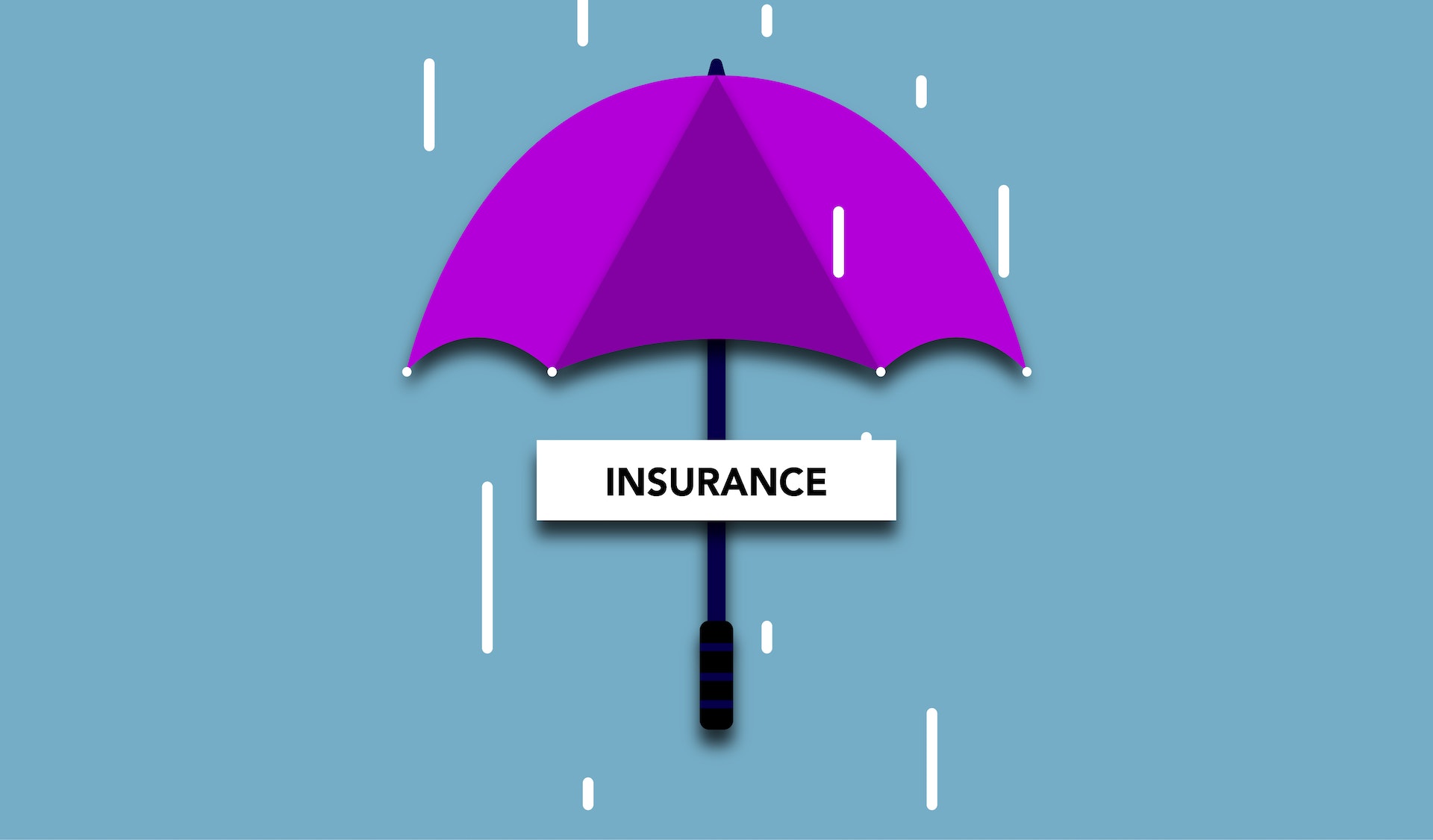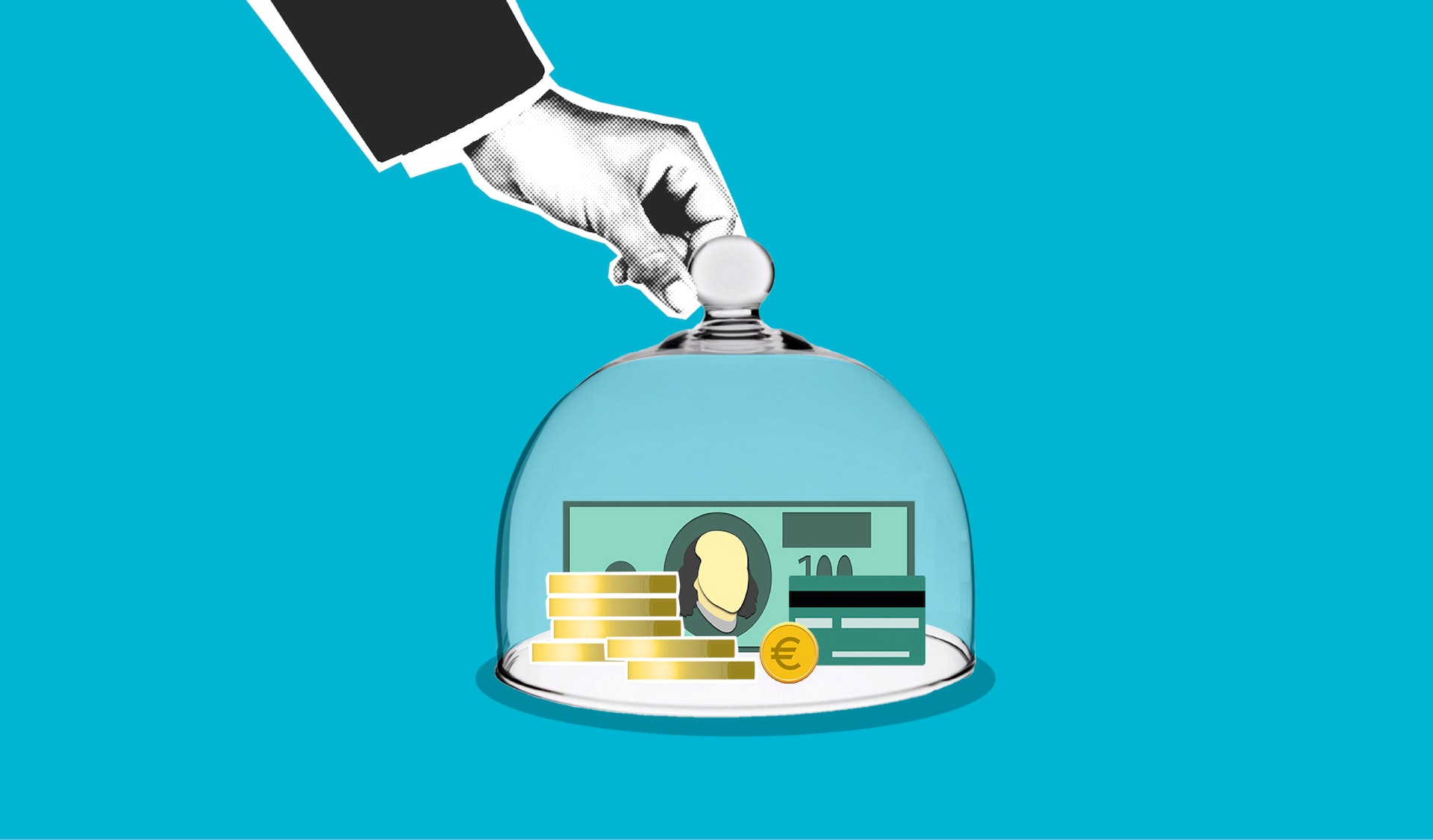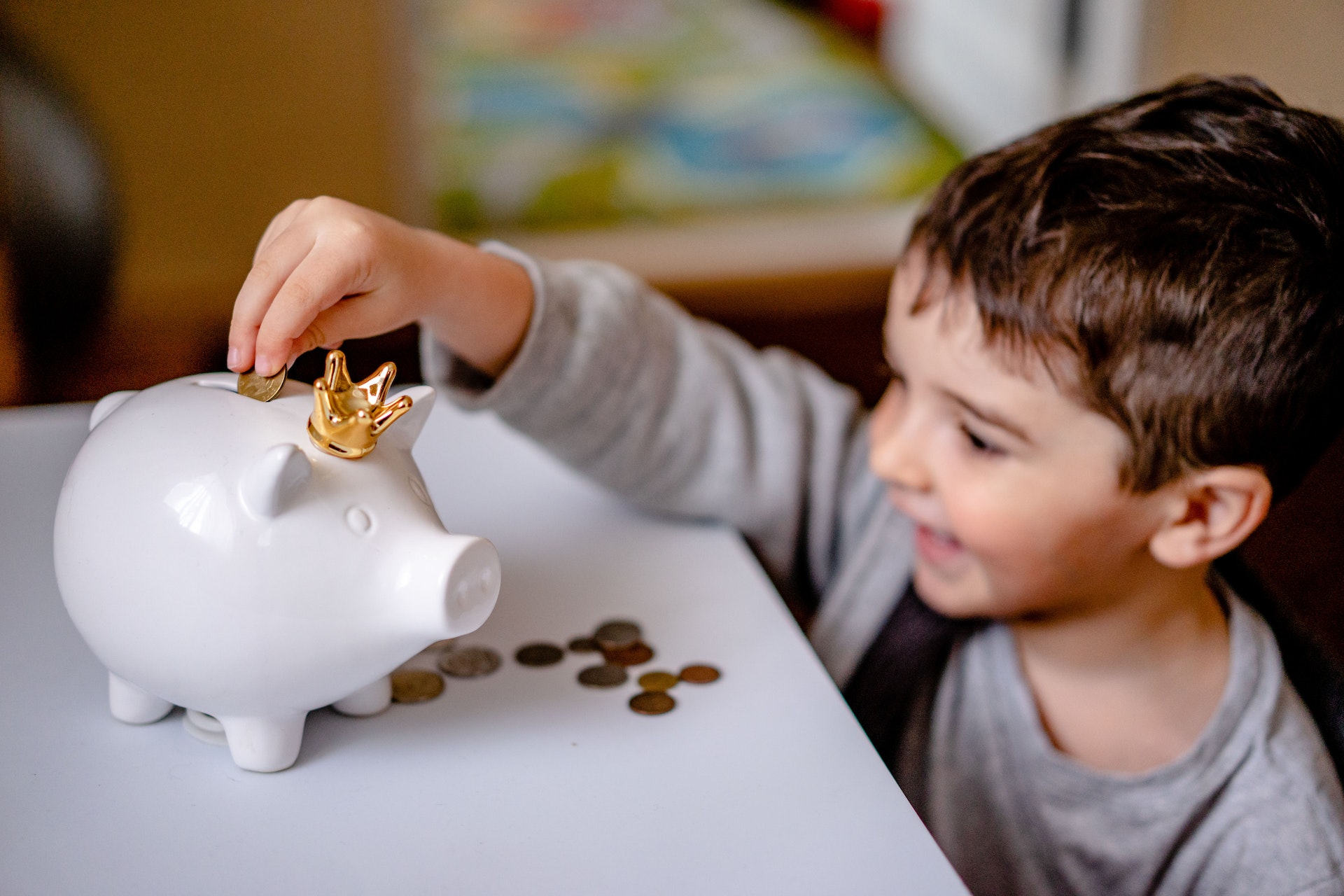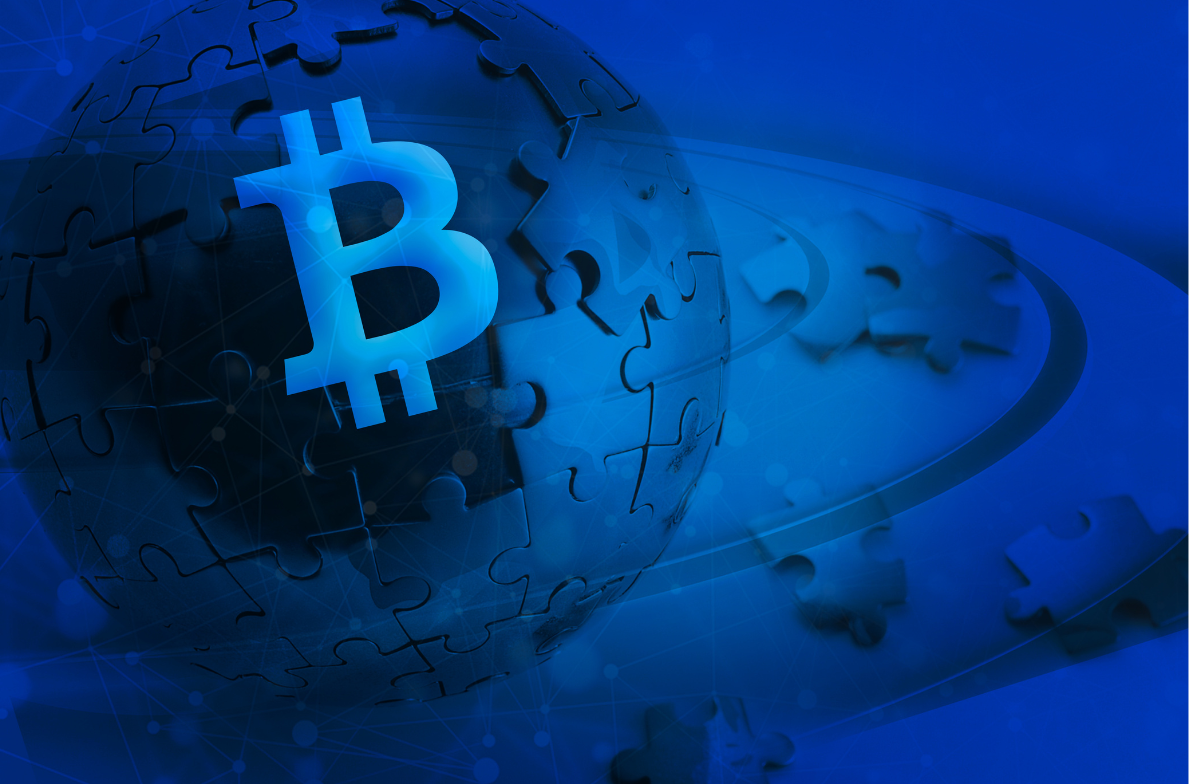Articles
Useful articles curated by our gurus.



Insurance is not the most popular topic in any chill-out joints, or any place for that matter. But it is one of the most important personal financial planning issues to address first to ensure a peace of mind.



This article requires an average reading time of 4 minutes.



Many parents will agree that one of their most defining moments in life occurred at the birth of their child. A child is a blessing from above and he/she is seen as a ‘continuation’ of ourselves when we depart from planet Earth. As such, many parents would want to have a glorious ‘continuation’, by planning for their children from the school they must attend to even making it a personal goal to buy a house for their children. It is also no wonder that many parents would purchase education savings or investment plans in order to save up for the hefty university fees for their children in future. However, there are “must-knows” factors to consider first before we embark on education fund planning for our children.

Financial planning involves establishing goals, working out what assets and liabilities you have, evaluating your current financial position, developing a plan to achieve the goals, implementing the plan, and monitoring and reviewing the plan whenever needed. The main goal of a financial plan is to achieve financial freedom and this cannot be done without doing the 4 things below:


Yes we all want the best deal in our private motor insurance plan. After all, in Singapore, it is illegal to drive without a valid car insurance.
Why is it that some insurers, especially smaller digital insurers with only online presence, are able to offer seemingly cheaper car insurance quotes?

This article requires an average reading time of 4 minute 28 seconds.
As a parent, we want the best for our children. It is less about buying the best clothes, latest toys, or coolest gadgets, and more about wanting them to be happy, safe and secure. We want to lay a foundation that they can build upon to achieve whatever they want to in life.
I often ask myself — being Singaporean with a somewhat ‘Kiasu’ (scared to lose out) outlook — am I falling prey to the rat race and pushing my children to academic excellence? Am I putting too much pressure on them such that they are not enjoying their childhood?
I try to ask myself regularly, “Am I teaching my children lessons that impact how well they do in life?” Having graduated from a local university with a degree that is not related to my current profession, I understand the importance of imparting life skills to my children as early as possible so that they have all the information they need to make informed decisions throughout their lives.
One of the most important lessons I have begun teaching my children about is money.

Coming together to forge a life together comes with its unique financial considerations. The best way to set a strong foundation is to plan ahead and be prepared for life’s curveballs.
Here are the top three financial planning tools:

This article requires an average reading time of 2 minute 5 seconds.
Get the lowdown on pets’ long-term financial needs from Janice Tan, experienced mother of two West Highland white terriers, before committing to a new fur friend. She shares tips to help prospective pet owners understand the financial commitment required and how to include fur kids in their holistic financial plans so they can achieve their dreams with confidence.
“Pets teach us the greatest lesson in loving without expecting anything in return.”

This article requires an average reading time of 4 minute 28 seconds.
Divorce is a messy affair. As a financial planner, I’ve witnessed my fair share of separations and divorce cases. With kids involved, it is usually even more delicate and complex. Children often bear the brunt of the emotional trauma, which can have a lasting impact on them well into their lives.
On top of that, the last thing any parent would want is for their child to face diminished prospects in terms of opportunity. That being said, proper financial planning during or after a divorce can not only mitigate such risks but also help set your child up to be more resilient in the future. Here are five things you can do to better prepare yourself and your child financially.

Motor insurance may not be the most exciting topic for casual conversations, but it is a crucial aspect of vehicle ownership. Understanding the right coverage options can protect you from unexpected costs and ensure peace of mind on the road.



Looking for an investment strategy that works in any market conditions is like searching for the proverbial fountain of youth. Neither exists in reality. The financial market is subjected to too many unknown factors eg the collapse of oil prices that can hurt blue chip stocks like Keppel Corp or a sudden war (God forbids) that may take place in any part of the world; all these events will affect the performance of the stock market. Every kind of investment strategy has its limitations but what are some time-tested investment strategies out there for us to consider?


This article requires an average reading time of 4 minute 5 seconds.
Saving for our golden years is something we should prioritise in our income-earning years. However, as most people at this stage also have more immediate financial goals, retirement planning often gets delayed.
That’s where the SRS comes in.

This article requires an average reading time of 8min 40sec.
UPDATE August 2023: The below article was written in September 2019 when the price of Bitcoin was less than USD 10,000. 3 years later, it rose more than 600% to about USD 61,000 in October 2021 before dropping to about USD 26,000 now in August 2023.
Show Me the Money – the World before Bitcoin
Since the creation of the concept of money, the supply of it has been controlled by governments and central banks through the physical minting of it in coins and paper money, as well as through policies in the fiscal and monetary form to regulate the money supply flowing in the economy. The Merriam-Webster dictionary defines money as “something generally accepted as a medium of exchange, a measure of value, or a means of payment”. After the fall of the Bretton Woods system in 1970, the printing of a country’s currency no longer has to be tied to the gold they own. As such, “because fiat money is not linked to physical reserves, such as a national stockpile of gold or silver, it risks losing value due to inflation or even becoming worthless in the event of hyperinflation. If people lose faith in a nation’s currency, the money will no longer hold value.” Thus, the governments of the world has a very important task of regulating its money printing and supply so as not to cause wild fluctuations in its fiat currency value, or creating asset ‘bubbles’ when there are too much money flowing in the economy chasing after real estate properties for instance.
Intermediary clearing houses like banks are especially important for us to make payment transfers to a third party. Today, with the advent of the Internet and technology such as digital signatures, we are able to make money deposits and transfers electronically using our phones, iPads or laptop computers. Credit card companies and payment gateways such as PayPal has enabled us to make payment for goods and services digitally without having to dig into our pockets to use physical paper money or metal coins for payments. So essentially, money in our bank account has essentially become “no more than entries in a database that can only be changed under specific conditions. Money is all about a verified entry in some kind of database of accounts, balances and transactions"
To help move money within the country and around the world, banking institutions have been around for hundreds of years to help facilitate this process and they earn loads of fees in return. The banks are to act as the ‘trusted’ intermediaries to confirm our identities, how much money we really own, and to prevent double-spending if we had already used up our money deposited with them. The banks will vouch for the money we have with them before we can use it or move it to another bank who will then have confirm on their ledger correctly that we have shifted a sum of money to them. But with the advent of blockchain, things may just start to change.




